|
Dark Funeral need no introduction, veterans of the second wave of Swedish Black Metal summarises them at the very best. Despite the comings and goings of many musicians through the grand halls of Dark Funeral, only one sole member from the start remains - Lord Ahriman. Taking a place in this majestic and grandeur embodiment of extreme metal is vocalist Heljarmadr, we spoke with the band's 4th vocalist at Bloodstock Open Air. "Back in the day when you got hold of an album above the Arctic Circle, even if it's not the best one you would listen to it until you liked it!"Your new album "We Are The Apocalypse" came out this year, what was done differently with this one compared to your previous releases? "We had the same procedure for composing it, the main difference was COVID, because we were not interrupted by shows in between and so this meant we could focus entirely on the new album for once. I think that maybe allowed the album to take another leap, a progression from the previous but I also feel it's a natural progression from our last album." You mentioned COVID which of course affected the entire world, let alone the music industry, ironically it gave you more time to focus on the new album like you said. "Yeah! What else could we do? All of the festivals and concerts were cancelled – actually at the time we weren't touring that much, we was already planning to start the new album. So for that year we only had a few club and festival shows booked, anyway it gave us a window to work in peace and calm, because we could work until we were done. There was no rush." Once the COVID lockdown had ended, how did the Swedish metal scene react? "Well it was a bit weird in the beginning because concerts started happening again, but people were reluctant to buy tickets in case they turned into vouchers (for rescheduled shows), so it was a slow start I think. Now it's starting to wake up and I think this year, summer festivals, people are starting to go and understand that you're not going to die by having fun again, I hope this year will bring the live scene back." With that thought in mind, it must be a huge honour for you to play Bloodstock this year? "Yeah! I mean it's super cool to be out again, playing everywhere in front of thousands and thousands of people, it just proves we can get past this kind of s**t." Looking forward to your tours for the rest of 2022 and into 2023, what countries will you be visiting and who are the support? "Festivals are ending now, we have a show in Israel coming up which was postponed for a couple of years (they have since played early Sept), we have an autumn festival in Switzerland but after that a US / Canada tour with Cannibal Corpse. In September we have a festival in Mexico (since played), next year is going to be crazy but right now I don't have any information to provide – but there are a lot of things in the pipeline so keep checking our website and social media." How did you personally get into metal music? "I come from the very north of Sweden, right above the Arctic Circle, so it was not so easy to get hold of albums – it was through tape trading that I got into metal music, I traded with a cousin who is a few years older and through that I started off with Swedish death metal – bands like Entombed and Dismember, then I turned over to the Norwegian black metal scene, so yeah I've been around since the early-ish 90's listening to this music. When someone in the town had a new album out, everyone had heard it. The kids today don't know how good they have it (with YouTube being accessible per se), they have it too good! Back in the day when you got hold of an album above the Arctic Circle, even if it's not the best one you would listen to it until you liked it! You'd give it more chances, nowadays if it does not grab your attention in two seconds it's gone. It took weeks to get something, you'd pay money to someone using a bank account and then hoped for the best hahaha sometimes you got ripped off, other times you got the stuff, sometimes you get something completely different to what you ordered because they were out of stock and so they would send something else because they could not get hold of what you ordered." Suffice to say things have gotten better logistically speaking, but with regards to older mediums, how do you feel about vinyl's resurgence? "I love vinyl, I think it's the ultimate medium when buying an album, I do listen to streaming services and CD's when in the car, but there is something special about putting on the vinyl and right now the vinyl pressing plants are so full up, all albums are being delayed because of this so it's kind of cool that it's become so big." What did your parents think about you getting into and playing black metal music? "I remember my dad in the mid 90's coming into my room and he was like 'oh this is the f**king noise', I think I was listening to Darkthrone (Transylvanian Hunger) quite loud on my CD player and he thought it was a tap running somewhere in the house and so he was looking for water damage. So no I wouldn't say he was too supportive back then, but now that generation sees that we're travelling the world and so they have to respect what it is, even if they don't particularly like the music they have to respect it, you cannot like everything." Bloodstock cherishes and gives opportunities for unsigned and upcoming bands, what advice would you give them across all factions? "Well I'm not sure because I also play in an underground band so playing shows and driving around in a mini van, I love that part of the scene too, if you love what you do keep doing it, if you don't like it, don't do it. That's the sole bit of advice I can offer, otherwise keep practising your instrument , the time will come when you have to play a show and haven't slept in two days, you have to play your songs so are you really sure?" Swedish black metal cemented itself in the 80's and 90's, so what is the current scene like? "I think there are lots of bands out there playing, this genre fixation has also been loosening up a bit, there's a lot of crossover genres going on and I think it's cool that every generation finds it's own path around it, because in some ways black metal has become adulterated rock." Going forward and aside from the tours, what other plans does Dark Funeral have? "I think the rest of this year and next year will be mainly touring, and then maybe we will start thinking about future music, but now we just want to celebrate the new album." How would you summarise Bloodstock in 3 words? "It's my first time here so I'm just embracing my first impressions here. But right now it's 'Warm As F*ck*'." https://www.facebook.com/darkfuneral
0 Comments
Bloodstock Open Air always loves to support unsigned talent across the UK and overseas, the 2022 edition saw Viction trample the scorching fields of Catton Park (having won the Norwegian Metal 2 The Masses final) and unleash their wizardry upon the masses during their New Blood Stage set, sparking off their first ever circle pit - a hallmark of appreciation for great music. Viction spoke to GMA that very evening before their eventual trip home to Oslo via Derby and London. Who came up with the band name and what does it mean? How long have you been going? "It just popped in to my head and that was that, I don't have any meaning for it – it was just a cool name for the band. The band has been an idea since 2019, but the four of us as a band have been going since 2020, it was born right before COVID hit, we were born 2-3 months before it, we won the first heat of that year's M2TM right before COVID hit. It was like 'oh we just won, ah no'. It was 6 days before everything locked down. First we started out as a quartet, had our first practise and then immediately after signed up to M2TM, we played our heat and win and then 'blows raspberry', nope. The people hosting it were really cool with us and other bands reached the semi's, was about 2 other bands and had a direct ticket to the semi's this year... so technically 2-in-1 I guess..." You won the Metal 2 The Masses Norway heats, that must have been spectacular for you? "It was absolutely incredible, it took us up until the day we left for Bloodstock to realise 'oh my god this is happening, we are going to play Bloodstock!' and even now it's still unbelievable to think this has happened." Tell us about your trip from Norway to the UK, was it straightforward? "Well there is a story. We travelled to Oslo Gardemoen airport and the SAS guy behind the counter tells us 'oh you have to bring your guitars as hand-luggage because they are not in hard cases' and we were like 'excuse me, what??' and luckily some older, more experienced guy came over and was like 'this guy is new, he does not know what he is talking about, just throw it with the rest of your luggage'. Here in the UK, shout out to the taxi services here... improve! It's been impossible to get taxis, we're a bit excited to see how we would get back to Derby after this. We almost missed our train to Derby yesterday because the taxi driver was 30 minutes late. Super frustrating. Other than the taxis, everything has been great." When people think of Norwegian metal, black metal comes to the fore, but what metal genres are the current trend right now? "There has been quite a few death and doom metal bands going on lately, there is always the occasional black metal, but there are very few black metal bands who can really make it nowadays because 99% of the time you'll get a black metal band who tries to sound like Burzum or Mayhem, or maybe Darkthrone, everybody goes 'I've seen it before', that's why we want to give a shout out to our friends in BOLZÖ, modern black metal, very influenced by Keep Of Kalessin and Emperor, but with their own unique twist on it – catchy and demonic." Trollfest entered the Norwegian national heats for the Eurovision Song Contest, so would you guys enter for next year? "Weelllll..... Eurovision (laughs), we don't think Viction really fits Eurovision – maybe if we were a Finnish band, they always want to enter metal bands. Plus we have a hard time writing 3-minute songs (laughs all around), we have one song that's marginally near that time length, but we don't want to mime. However Trollfest should have represented Norway, our bassist loves Eurovision and Trollfest is the perfect fit for Eurovision, they have a catchy song, fun costumes and original music. 50% of Eurovision is like boring ballads, it's the fun colourful stuff that actually gets votes, but Norway always ends up sending it's s***y ideas, and what we haven't won anything since 2010 with Alexander Rybak, that wasn't bad but there now needs to be something fresh, Trollfest was a breath of fresh air. [Instead you sent Subwoolfer] Yeah, not a fan of that, I'm not going to feed any wolves bananas.... As Norway geographically is a huge country, how would you organise a Norwegian tour? Surely you'd have to fly to Tromso? "Haha, we have the most expensive plan tickets in the world, like you could fly to the USA for the same price as flying to Tromso and this is the problem with the Norwegian metal scene, everything north of Trondheim is often left behind. When bands tour Norway, they usually always head to Oslo, Bergen, Trondheim or Stavanger, and even then it's difficult. Another thing is that, most of these Norwegian tours, most shows are on the weekends, like Friday's and Saturday's etc., not like one day or every other day, so it kind of makes it more convenient to drive to shows – saving money by not flying, but at the same time it's not one of the best countries to tour in. Unless you're a big band, you can't do shows on weekdays. After COVID, the metal scene was struggling a lot, especially in Oslo where there not many people going out unless there was a huge band playing. So we've been very lucky and feel blessed to come and play in the UK. We heard the scene in the UK is way better now, of course it's cheaper for us to come play in the UK rather than the other way round. We bought some ham from Tesco the night before our show, you could buy a steak for £5 but in Norway at least £12 for that... and that's the cheap kind! From the songs you have released, which ones are your favourites and why?
What are your plans for the rest of the year? "Finishing our album is our main priority and we will be supporting Indian thrashers Kryptos in November, they are awesome and I've been a fan of them for years, so when we were booked to be their support I was over the moon. After the build-up to our visit to the UK and playing Bloodstock, we would love to come back to the UK, we're already in talks with some people for shows in 2023. We will be back." Summarise Bloodstock with only one word.
Any hello's or greetings you wish to send out? "Thank you to everyone who came and saw us, thank you to anyone who has been listening to our songs, thank you to everyone who has been following us over the past couple of years. We cannot wait to show ad bring everyone more music. What he said (laughs all around). Thanks to everyone involved in this, it's amazing and I could not have imagined this 2 years ago, so the fact that we are here now and played the New Blood Stage, it's insane." https://www.facebook.com/VictionBand/ Interview Interrogation: Potowotominimak & Gatto Panceri 666 from Nanowar Of Steel (Italy)18/9/2022 Parody Metal is a genre that stands on it's own two and away from the other metal genres, why you ask, well simply put it's a genre that pokes fun at metal music and is not to be taken seriously (yes you elitists, it's designed to miff you off). Italian bards Nanowar Of Steel have been in jest for the past 2 decades and show no signs of slowing down with the camaraderie; not even their attempt at representing San Marino at the Eurovision put them off letting off a few wisecrack comments in the interview (at least that's what it seemed, it had to be translated from the 'Nanowarian' dialect as this is what vocalist Potowotominimak spoke and Gatto Panceri 666 duly translated)... let the chaos commence. "I think the main challenge is the challenge itself, you have to be challenging to challenge yourself, to be challenging and then challenge everyone else, before you can complete the challenge." For those who have not heard of Nanowar Of Steel, please provide a short history of the band. “We play music and write lyrics on top of the music that we play, we go on stage and people come to see our shows, !&!*”!(!&!)”~!*!&(), I'm sorry I need to translate, so we started back in 2003 which is almost 20 years ago.” What does the band name Nanowar Of Steel mean? “It's an ancient name of an Egyptian deity and it stands for the god that brings you water when it is dry.” What do you bring to your stage performances and what will you bring to Bloodstock? "“£”(“”)”&!)”&)!!!(... so he just said that we get on stage that we will perform some live farming, so we drop the seeds on the floor and ground, then we expect them to grow, we make seeds grow at record speed and that's what our shows are about, about farming. (That's what I said!); I was just translating and explaining it.” So sometime next year you'll be over in the UK to see how the seeds are doing? “Oh no no it's a magical seed that grows instantly”. Italy has a rich heritage in metal music, so is the scene still as strong or even stronger? Is the industry still strong? “@”&!)”&)~)(*!””)!”!)!!)!”&”)!%$!&!%.... he said the scene sucks because we don't have bands like Iron Maiden... (editor: he's cracked). I think the main challenge is the challenge itself, you have to be challenging to challenge yourself, to be challenging and then challenge everyone else, before you can complete the challenge. &!!”)!&!)!&!)!)... I totally agree. I could not explain it better... I was saying there are not enough beauties (editor: now he's broken character).... wha? %!!(!”)!^!*!^!" After Bloodstock what are your plans for the rest of the year? “After Bloodstock which is the 11th August, the plans will be the 12th August, 13th, 14th, 15th, 16th, 17th.... (you can tell where this stopped... 31st August), so these are the plans for the future, we already know the calendar days so this is until end of August, regarding September we think it starts with the 1st and then there's the 2nd, we spoke with the Government and they agree that will be in the pipeline.” When it comes to the creative process, who usually takes the lead or do you all have an input? “We us artificial intelligence called GPD3, it was developed a couple of years ago and we use it to generate music and lyrics, when it doesn't work it makes songs for metal.” How did you get into metal music and become musicians? “We started out as non-musicians, when I was in the womb of my mother that's when I started and then it was very hard to get an instrument, I remember the struggle to get an instrument and my mother was opposing that for obvious reasons, it wouldn't fit. Eventually I got out and 15 years later... (that's not so true that musical instruments do not fit into your mother lol 😂😂), not a full drum set!” You all have fun personalities, so who gets up to the most mischief? “Why? Why are you talking about fun? I mean, I don't understand the question, it's a job, it's a serious thing, there's nothing fun about being Nanowar Of Steel.” Who did you aspire to and look up to when growing up? “I looked down to, I only looked at dead musicians, Freddie Mercury I would say is one. We only get inspiration from dead people because they're easy, they cannot do better than us, they cannot apprehend us if we steal their music, they cannot shoot us, it's very legally safe.” People call you parody metal, but you don't see yourselves as parody metal? “We are an office hour metal band, we are doing this because it's a serious job for us so please stop laughing, we want to be taken seriously. We are only looking for beauty in a world of ugliness with our songs. Our band rehearsals are like business meetings.” https://www.facebook.com/nanowarofsteel Remember the name, Bloodywood. The Indian quintet have stormed out of their home nation and are rocketing towards international stardom, here is a band who have somehow managed to harness the Bhangra sound with a fruity blend of Nu and Folk Metal. Led by dual vocalists Jayant Bhadula and master of ceremonies Raoul Kerr, the New Delhi boys are joined by guitarist Karan Katiyar and touring musicians Vishesh Singh (drums), Roshan Roy (bassist) and Sarthak Pahwa (dhol player). We spoke to Karan at Bloodstock about their humble beginnings, acceleration to international acclaim and what the future plans are. "The only reason we're political right now is because there is a huge disbalance all over the world when it comes to politics" Your career started off from recording covers of well known Indian songs and uploading them to YouTube, from there it rocketed upwards, was it something you expected or wanted to happen? “We always wanted it to happen but we never foresaw it, we never foresaw the intensity of it but we always wanted it to happen (being honest about it haha).” For those who know the Indian metal scene, they would know Demonic Resurrection and Kryptos as the defining pioneers of the scene, are Bloodywood considered the 'new wave of Indian metal'? “I wouldn't say that because those bands have been at it for a really long time, sometimes people say that the torch has been passed onto us, but I don't believe that because they're still doing their thing, we're doing our thing and I have a feeling that you're going to see a lot more from the Indian metal scene, there are some very promising metal bands coming up.” Of course competitions like the Wacken Metal Battle have helped support the metal scenes across the sub-Indian continent, do you feel with this exposure that more metalheads in Europe will pay more attention to bands in that part of the world and wider Asia? “Um, no I don't think that's going to happen. I think there's going to be an equal amount of attention throughout the world because that's just how metal is. I don't think you can really pinpoint a particular place to say that metal belongs 'here or there', it belongs everywhere. It just takes a few good bands for people to start listening to bands from that area, I feel it's still yet to happen for India but things are looking up.” What are the modern challenges that bands in the Indian metal scene face nowadays? “Id say there are just two challenges that we in particular face – One we don't get any gear in India, everything has to be imported which means we pay about 300% of the price, and two there are a lack of venues, because it's a very different way of how people work over there – venues decide if they want to let the bands in or not and no ones heard of metal, so they're very sceptical. Lack of venues and gear, that's the only thing that makes India different.” Your music video 'Machi Bhasad', was that filmed with audio overlaying the video or with live music? “No, none of the music videos have live audio, it's impossible to do that because you're going to catch so much of the ambience – if we actually sung into the mics we and record that, you're going to hear people all over the place, cars and horns, it's India man it's never going to be quiet, so that's impossible to do.” So when you had the locals in the video, what did they make of the music? “They don't understand any of it, but they really want to enjoy it, because it's a spectacle for them, you don't find metal bands rolling up to your village an start playing in the road everyday you know? They're just very supportive though, they'll never get in your way, if you want something you can always ask them, they'll just stand by and watch, that's all they ask for in return.” Your debut album 'Rakshak' was released this year and was well-received worldwide, please tell us what the album is about. “I can't put one particular topic to the album because there are so many things we talk about, but I'd say all the songs are in favour of a better world. I'd say the songs are political in nature, but we also want not to be extreme about it, we want a very balanced approach, the only reason we're political right now is because there is a huge disbalance all over the world when it comes to politics, literally all over the place and that's when we have to speak up, if things were in balance then we would not be a political band.” What are your tour plans for the rest of the year and into 2023? “We have a month-long USA tour in September / October, and then in 2023 we're coming back for a headline tour across the EU and UK... and there's talks about Japan too so we're all very excited.” Do you have any greetings and thanks you that you wish to send out to friends, family, fans etc? “I'd like to say hello to everyone who is reading this interview and everyone can check out the band across YouTube, Facebook, etc., if you catch us on tour you can buy a very limited edition of our vinyl, its called the 'naan vinyl' – it looks exactly like a naan, because the tour is called the 'Nine Inch Naan Tour', spoiler alert... it's not edible but is selling like hot naans.” https://www.facebook.com/bloodywood.delhi/ Bloodstock cherishes and relishes the opportunity to showcase metal bands from all over the world, this year they reeled in Nepal's Underside, a Groove Metal / Metalcore leviathan that is taking the Asian Metal scene by storm. But it has not always been plain sailing for the band as vocalist Avishek KC explained to GMA, he spoke to us about the Nepalese economy, challenges the scene and band faced, the importance of the Ghurka and how metal unites world cultures. "No one bought CDs... you couldn't afford it, 20-30 US Dollars would be like 3,000-4,000 Nepalese Rupee (NPR)... my pocket money for 2 months to buy one album" KC, how did Underside come about? What challenges have you faced? "We started Underside after the country suffered war, we were tired of shifting from one band to the other so we go together and started this whole new project, with a lot of energy and anger. Oh man, where do I get started? Ok, the survival itself in a country like Nepal is number one just in terms of the economy, everyone goes through that it's normal, then you have the police, the system, the security, the society, they hate everyone with long hair. There was a time where police used to grab you and chop your hair off, just for looking like different. It's not the first time, I've been through that on many levels and if you're walking in the middle of the night, get in. It's changed a little bit now comparatively but, and then there were the power shortages, we had power out for like 16 hours a day so imagine being in a band, and that was because the Government was selling electricity illegally to companies and they found out the whole country was in darkness for 10 years because of some corruption in the system. When there is no light it has a ripple effect, on your job, timings, everything and itself being in a country that far is a big challenge trying to get your music out here so you talk to someone and it's like 'OK let's watch it if you're here' if you get a gig or two, I think those are some of the few challenges faced so far. Getting gear in Nepal is fine, it's not that hard but they don't sell the expensive stuff because no one can afford it, so there are a lot of music stores that sell low-grade guitars from 200-400 USD so you can make do with what you can get." How long has the Nepalese Metal scene been going? What is it like? "It's been there but in it's infancy, it has been there for a while but not for a while, not very long. Now it's slowly coming up with our best but it's not an easy job, it's a struggle everyday so. Yeah we have one we do as a band and as a team put on Silence Festival, the only metal festival otherwise there is no metal festival scene at all, so it's a brand new culture slowly coming out, it's a lot of hard work for us to, even to put one show on. It's insane, even within the country Kathmandu is so centralized, now we've sort of taken over the city with our music and put show on in front of what 800 people in a venue a few days before Bloodstock. Now we're focusing on outside of the country and are going to the rural places, probably will be doing a little bit of India, so that's the plan to go on." Would you play in neighbouring Bhutan? "Yeah of course! I would love to play there with Underside, I think we have some fans from Bhutan who message us on our social media, so yeah that would be sick". What do your parents think of your music? When did you want to become a musician? "My parents have never... I think my dad once came to the show and just left after two songs, that was also because my nephew and niece wanted to come, so he came four hours early and I asked him to come again and then he came back and instantly left. My mum has never seen my shows so. I don't know, I think I always use to want to become a musician when I was a kid and I guess it was what I wanted from the band, I think it was when I heard Pantera and then I wanted to play guitar, but I then said no you can't play guitar you got to sing. But it was always there, I always love the culture of being in a band, playing music it just spoke to me so... ever since I can remember." What was the journey from Kathmandu to Bloodstock like? Tell us what happened. How did you get invited to play Bloodstock? "Ah man, it's been pretty crazy with two flights, 6 hours on one plane and two hours break and then 8 hours on another plane and then our home and then a 4-hour drive to Bloodstock. So yeah that's pretty much a little journey, but before that there's been a lot of preparation where we were working on production, we were trying a smaller scale production pretty much for the first time, for Bloodstock we want to bring a little bit of home, just been talking to the production crew in the tent so yeah we worked pretty hard and prepared to do it. Well we received an invite, I have got a few friends here and promoters who have been working for the festival in the past, so we started a good relationship over the years you know, I think it's from peoples love and friendship that has made the band what it is." Do you feel that Nepalese band coming to play in the UK could aid tourism in Nepal? "I think it does because like we're representing where we are from and people get to know where you are from and I'm telling you about this because you asked about the problems, if you ask me about the good stuff there are a lot of good things, good people, they're the most helpful and I think friendly people you meet going about disregarding the society, the police, the system. But yeah I think it does, when people get to understand and connect, I think it does help in some ways." With the UK and Nepal sharing a long history together, do you feel it's ever more important to support the Ghurka's? "I think it's a cool thing that we have that relationship with the Ghurka's and like, it's been there for years and it's always good to fuse and connect on a certain level, keeping a healthy relationship. So it's always good to cherish, improve it and make it better. I think it's great, times like this when conflicts are happening, problems with each other and everything all the time, I think it's a great thing that we connect." Who was the biggest band to play in Nepal thus far? Has the Nepalese Government become more relaxed in recent times? "I think Behemoth, Vader, but no I think Behemoth is still the biggest to have played Nepal so far. Yeah I mean even last year the police were just bar-standing, we had so many problems trying to get the Twelve Foot Ninja boys out of the airport because the Government did not understand the system of bringing in your own equipment and stuff, it's just like you can't do whatever the f**k you want; 'I've got it, everything in a letter' and they were like 'we don't know come back Monday' and I was like 'dude the festival is today, you can't tell them to come on Monday', and I had to be on stage in 30 minutes so we play after the band because I was still at the airport stressing." So is Nepal still a slightly conservative country? "Yeah yeah in regards to metal music and being out there with your long hair and looking like all of us here it still is, it is an open place for tourism as we get a lot of tourists, but when it comes to the society; they have a different attitude towards it, because we are from the inside and are kind of rebels. But you go there and do things that we do, so they have a different approach for how you're treated." What did you listen to when you were in high school? "A lot of Pantera, Metallica, Slipknot... I was in a Black Metal band, there was something about Black Metal that I really love, it's been a while when I was listening to Mayhem, Nargaroth, Burzum, I love that stuff back in the day and also a lot of alternative stuff. So there was a lot to listen to, you used to have a lot of friends into different things, we were listening to pretty much everything. Listening to the old stuff on vinyl, Hendrix, Manson and stuff, depends on who you hanged out with back in the day. I loved albums by the likes of Korn, anything you can get your hands on, but it was so hard to get music at that time - if it was metal, everyone would just listen to it and no questions asked. No one bought a CD, you couldn't get it because you couldn't afford it, 20-30 US Dollars would be like 3,000-4,000 Nepalese Rupee (NPR) and that would be my pocket money for 2 months to buy one album. You couldn't get it even if you said you'd save up to buy it, so whatever you had you listened to it as much as you can. For the UK a £10-£15 album would be like 2,000 NPR and that's a lot of money for us at that time especially when we were children. What could you buy for 2,000 NPR? "Nothing man, just like cigarettes... a little bit more than that, not a lot, definitely not a lot. Maybe lunch and stuff, you could buy posters and stuff, bootleg albums, etc., Nowadays children have the spending access, they can buy guitars; I got my first electric guitar when I was 16 and it cost about 200 USD and it was a fight; my parents got it in but it was a brutal fight." Do you have any greetings or thank you's that you wish to send out? "Yes, thank you to you man for talking to us or any other press that's talking to us at Bloodstock; it's amazing to be here, our crew, all the boys, our fans and people back home." https://www.facebook.com/TheUnderside/ Although Trivax originated in Iran, the frontman Shayan S. moved to the UK in 2010 to pursue becoming a metal musician. The rest of the band members are from Birmingham with the exception of bassist 'S' who originates from Syria. So where East meets West and liberalist and conservative cultures clash, Trivax stands strong as a force of nature. Shayan spoke to GMA about growing up as an Iranian metalhead, challenges faced and what it's like being immersed in the British Metal scene. "If you're religiously or politically against what the Government (Iranian) do or believes in then you can almost be executed" Trivax didn't form in the UK, so could you tell us it's origins? What is the Iranian scene like? "Eh no I originally formed the band on my own in Iran in 2009. I can't really say there's much of a scene because it's illegal over there to be doing this kind of thing. There are obviously some musicians who are trying to be active but obviously the quality of what comes out isn't quite as good because people don't really get to exercise the rights for music. So obviously because there's rarely any gigs or anything like that. As bands, they don't really have a great deal to offer but of course there's a lot of good musicians who have come out of there. From The Vastland is an Iranian Black Metal band formed by a friend of mine called Sina who is now based in Norway, and they're doing quite well at the moment. The name Trivax translates to 'storm', it's a transcription of a war, of a name that's in Farsi and yes it came about nine years ago as I mentioned in April 2009. I just decided that this was what I needed to be doing, I didn't really have the circumstances to be doing it at the time, it's just the hunger to create and play extreme music and to light up the fire that's in you." So would most Iranian metalheads leave the country to pursue metal music careers, etc? "I wouldn't say most, no, they would like to but I don't think anyone can do it" What can happen if someone in Iran was found to be supporting metal music? "Well it can usually just start off with getting arrested by the culture police which means they'll cut your hair, eventually they'll let you go on bail, or if you're playing live music without permission from the Government, then that can go very badly... they can break your instruments and things, finally if you're religiously or politically against what the Government do or believes in then you can almost be executed." What do your parents think of you playing metal music? "I think they might have been slightly sceptical at first, but I have to say that they have been greatly, greatly supportive - it might not be something that they'd listen to themselves, but they really enjoy it, they support that it is something I believe in because they see that it's not just a hobby or just something for me to try to and impress my friends with. This is my life. They're open-minded about it." Did you face any challenges when you wanted to learn to play metal music? "None really, it'd a different environment to what it is like here, I was that desperate to actually play and I learned that whatever difficulties that were in the way, I would push through them." How does it feel to be at Bloodstock? "Feels pretty amazing, yeah so far everyone has been kind to us and we're very much looking forward to the show." Do you get nervous when going on stage? "erm... I don't, I... it's a very strange state of mind, I'm not sure if I can really talk about it and have it make any sense, all I can say is that it gets very intense and excitement." Do you feel metal music in general and not just Bloodstock, brings the world together irrespective of socio-cultural and political differences? "Absolutely, that's why we are here, we share this metal music together with people I've never met before, but we're all brothers and sisters in metal." Are there any greetings or thank you's that you wish to send out? "Many thanks to those who have supported us over the years and devoted the time to come, we're only really getting started with Trivax and we're going to do our best to get out there as much as possible, and conquer each one of you". https://www.facebook.com/trivaxband Having previously been located around the Worksop / Birmingham area, Symphonic Metallers Aonia are now more or less based in Sheffield. The 'Experimental Symphonic' crew won their Metal 2 The Masses regional heats and laid waste on the fields of Derbyshire. Aonia spoke to GMA about their rise, playing Bloodstock and how sexism is STILL an issue to-date. (on sexism) "big balls is what makes us... we have balls we wear them on our chest that are held in by our corsets." How did Aonia form and what does the band name mean? "A long time ago in a galaxy far away, James's band and my band split up, so his remnants and my remnants got together and made Aonia. There were a whole load of line-up changes and in 2016 we finally stabilized with the addition of drummer David Byrne and bassist Matt Black, but the biggest change happened in 2013 with the addition of Joanne Kay Robinson on vocalist, because it brought us into a whole sort of new genre and with Tim Hall coming on Keyboards as well gave the music a much wider dimension. As for the name of the band it refers to the place near Helicon mountain where the muses dwell. Which is pretentious but kind of sweet, like us. When we were trying to find interesting words in the dictionary, we didn't get past 'A', we just gave up and went 'Aaaa.... Aonia' that'll do. To be honest I'm surprised we got to 'ao', we could have been called 'Abyssinia'." Is it easy or difficult to create music, especially when there are effectively seven different elements to contend with? "You have no idea (all laugh), it's just time consuming more than anything else, but the nice part about having seven elements to a band, and we don't have one songwriter, someone will come up with an idea but it's the whole band that puts it together. Which means we have an original sound, we have a sound that really we don't get compared to, but there's no one element that really separates us and makes the other bands sound the same as us, we have an original sound because of that and it works. It takes time, there's a lot of arguing (all laugh). I think it's a really creative conversation we have over a couple of chords or lines, eventually over seven minutes... forty minutes arguing over a chord. When I say seven, we don't actually listen to him (Przemek). I suppose that makes it more interesting, considering how overloaded and over-saturated the Symphonic Metal genre has become? "Well that's why we say we're not symphonic, we're symphonic to a certain extent and the keyboards are an important element in the band, but we have a very progressive rock basis to the band as well - do you know some of our sound links more to Iron Maiden than it does to Dream Theater, than Dream Theater to Nightwish; we have Dream Theater elements in it as well, we have a lot of elements in it, we have good musicians in the band and we like to show that as well, we have two fantastic female-fronted vocalists, we try and get all of the elements into the songs". Speaking of having two female-fronted vocalists in Joanne and Melissa, do you feel sexism in metal still exists or has it lessened over the years? "Well it's about 3-4 years ago, we were playing a local pub and somebody tried to pull my corset down whilst I was on stage, I would say sexism is still very rampant. I've seen comments like 'oh female-fronted metal is pop with heavier guitars', I've heard people say 'oh I won't go see a band if they're female fronted', 'I won't go to see a band if there's a girl in' and then you do also get sexism the other way round. I've got a friend called Kris who's a bassist in FireSky and her band is excluded from a lot of female-fronted stuff ,because she only does backing vocals and that's wrong as well, so Joanne do you want to wade in with your experiences? Yeah I mean we get a lot of 'pull your corset down', I've not had as severe as that but I would like to say we've probably got bigger balls than most of the boys in the band so yeah (all laugh), big balls is what makes us... (just say testicles - you do have something bigger than us but it's not balls), we have balls we wear them on our chest that are held in by our corsets. In which case, they are a lot bigger! We've had a lot people say 'you're not really my type of thing' but after the gig have said 'f*****g hell, that was absolutely amazing I didn't think I was going to like you', when they say it's female then Operatic Metal comes to the fore and judgements are made, but as soon as they've seen us live then their opinions have changed. Can I just say when she says 'f**k she's spelt it 'phuq'... apologies for my language, another problem with the sexism is that people don't think about what they're listening to, they're just watching or looking at a picture - seeing the picture and seeing as girl in it makes them think they won't want to go see that band, this is stupid because we're not actors playing in movies, we're musicians playing music; listen to the band first and then see what they look like, what they sound like is more important than what they look like." It's cliche but don't judge a book by it's cover; what are your thoughts on the term female-fronted metal? "Absolutely! Although we have a good cover (all laugh). Female-fronted is not a genre, it's a gender. It's a description, the band is female-fronted, they don't say the band is male-fronted. I think a lot people use it as an excuse for a deterrent, like I say it's a label... wow.... you said that? I did. Got 'an excuse for a deterrent', yeah it's good I like that. Well it is. Like you say a lot people in metal are very male-orientated and soon as they hear the word 'female', they kind of switch off... I've been guilty of that myself but through experience, through being in a band it's opened my mind to a lot of new things. Hopefully we can change other people's perceptions too." Surely playing Bloodstock is the biggest thing to happen to the band? "So far absolutely, we know we're good enough to get to this stage because we believe in ourselves, but it's still an unbelievable experience - when they call our name out it was still that kind of speechless feeling... I wouldn't believe it until we had done it. I've been in the music business since I was about 15, so that's what 10 years? I've been playing for 35 years and it's by the far the biggest and best gig I've ever done and that's before I've played." Are there any greetings / thank you's that you wish to send out to people? "All the fans that have been loyally to us, all the new fans... they're our Aonia family. Mary Berry, my inspiration. Thanks for all the baking! Simon Hall, Simon Cliffe and Rob Bannister from Bloodstock. Our amazing PR lady called Angel." http://www.facebook.com/aoniauk Having won Metal 2 The Masses - South Wales this year and slaughtered their set at Bloodstock, GMA felt it was time to grill the quintet known as Democratus. Stepping up to the plate was frontman Steve 'Moomin' Jenkins who divulged into the rapid resurgence of the South Wales Metal scene, what it's like being at Bloodstock, how important it is to support unsigned bands and the love for the Metal 2 The Masses initiative. "Metal is like football, it's a universal language; there's always someone you can go up to in any country and go 'Judas Priest?'.... 'YES!!!', 'Iron Maiden?'... 'YES!!' and that's beautiful" Steve what was Democratus's set like having played Bloodstock? "It couldn't have gone much better to be fair, we kicked in and it just all sort of clicked together. We had plenty of people watching us, I do think the rain made a better promoter out of it because it had just more people in it that were trying to get out of the rain, but then I think once we got them into the tent they were like 'ooh I like this' and yeah it just went absolutely off the wall. We had pits, we had walls of death... when I said 'jump' they said 'how high?'; I love that because I love my crowd participation - I've always preferred putting on a show, I can't be one of those people who just plays staring at their feet throughout a set, so I like it when we get the crowd involved." And what does the band name Democratus mean? When did you first get into metal music? "I go by 'Democritus' and the reason for that being early incarnations of us thought right we need a band name and I suggested we need a couple of names to say what we're on about and they were like 'eeh not fussed' and I turned round and said that we all need to decide on something, we're in a democracy not a dictatorship. Our guitarist at the time turned round and said 'what about Democratus'? We all looked at him and went 'wooooh', so it stuck and given the nature of some of my political lyrics and stuff like that, it kind of ties in. I did a search to check there were not other bands with that name and it turns out it was a Greek philosopher; he was the foundation as it were of how democracy was set up. I was a bit of a latecomer to it, I had friends who would try to play Korn to me when I was 13, 14, and at that point I didn't quite get it. I started to get into Hard Rock and then tiptoed into metal when I was around 18, 19 - I found Killswitch Engage and Slipknot and so it went all downhill from there. It's a kind of ongoing process because the people who say metal is dead, there is always new stuff to discover - you're just not looking hard enough if you think it's gone stale because it has not." Do you feel at times that politics and music should not mix? "Not at all, for starters you wouldn't have bands like System Of A Down or Rage Against The Machine, to be honest metal, rock, blues, it was all born out of the frustration of being angry at the man in question. If it's all about your art and when personal leanings come into it, then everything is open - if people don't want to listen to political lyrics, that's where free speech comes in, in that the choice of listening to something political or not comes into play. But the message is there, if people like it and want to hear it, if people want to respect or disagree with it, then I'm open to debate and it's a case of I do what I do.... A. because I enjoy it and B. because for me personally I prefer having lyrics that have some kind of meaning. I can't write throwaway nonsense, it's not me." What sort of metal style does Democratus play? "When I started us out I had the definition of wanting to go into Melodic Death Metal, that's where my favourite bands lie, the likes of Soilwork, Insomnium, In Flames (well early In Flames, they're not a Melodeath band anymore), but's that where my love lies and so that's where I kind of wanted to stick us. Since then with the line-up we've got, the music we've written since the first EP has branched out and is not strictly Melodeath, it's still heavy and brutal and still has it's melodies, but it opens us up to more options on where we want to go with writing music and more potential offers from promoters wanting to work with us and I'm happy with that. " Tell us about the Welsh Metal scene, what's it like? "What do you want to know my friend? At the moment it's good and buzzing, Sodomized Cadaver, Cranial Separation and us are at Bloodstock this weekend alone; Cranial finished as runners up to us at the Metal 2 The Masses final, straight-up Brutal Death Metal. As far as it goes there is a bit of everything for everyone, over the last couple of years (3-4) it's felt like a proper community; it wasn't always like that, there was a lot of bitching, a lot of sniping and that's just the way scenes fall apart basically. With the closure of venues and things like that, it made a lot of bands realize that actually we're probably better off getting along with each other, support each other in order to get ourselves ahead of the game. The whole Metal 2 The Masses thing, I'll give a shout out to my boys in Incursion, Blind Divide and Cranial Separation who absolutely walloped us in terms of how they played, they pulled out sets of their lives." Do you feel Bloodstock are leaders in supporting the underground by giving bands opportunities to play to vast numbers? "Absolutely! I can't thank Simon Hall, Rob Bannister, all the crew here enough for helping us, even today and through helping us plug ourselves in terms of getting media sorted and things like that. There is no other festival that I can think of in the UK that gives unsigned bands and self-signed bands that platform, and it absolutely sets Bloodstock apart. What intrigued me the first time I came here in 2008, was the potential of seeing one of my local friends The Dirty Youth; I used to go to school with their bassist and I've seen bands like that who small at that time but have grown. It's always something that's intrigued me at Bloodstock, and they've got the Metal 2 The Masses stuff going. I've entered it with previous bands for years and I've always tried to see the positive in terms of yeah we haven't got through until this year, but I've always networked and made friends, got new likes out of it; it's always the additions that some bands may struggle in taking the advantage of, I'm fortunate in the fact of I've pestered enough people and kind of think I know what I'm doing to make the most of opportunities I get. I hear of bands who win Metal 2 The Masses and think that things will come their way, no way, this is just the start of it and I just hope now that the opportunities keep coming. Do you believe Bloodstock brings people together regardless of culture, politics and social differences? "Absolutely, you only need to look at the list of bands who are playing this year, you've got Demonic Resurrection from India, Lovebites from Japan, bands from all over the place. Metal is like football, it's a universal language there's always someone you can go up to in any country and go 'Judas Priest?'.... 'YES!!!', 'Iron Maiden?'... 'YES!!' and that's beautiful, I love it, this festival in particular as well just has the good sense of community. Like I said I've been coming here since 2008, and there were friends who I've made in 2008 that I still see and came out to see us yesterday, that's humbling for me as a band but also it's really nice to know that the place that I know I can guarantee you'll make friends ever year." Could you ever see a metal band sing in Welsh about Welsh mythology? "I believe one of my friends from Agrona is already working on a project that does exactly that, I can't remember the name of them because it's a really complicated Welsh pronunciation, but yeah there is something actually in the works so again it's reason to keep an eye on the Welsh scene. (Most people trip over Llanfair PG in it's full name right?) I was born in Southampton, but moved to Wales when I was 2, I'm actually OK with Welsh pronunciations, so you're referring to 'Llanfairpwllgwyngyllgogerychwyrndrobwllllantysiliogogogoch' (just rolls off the tongue), it's lovely when drunk haha (I can imagine!!) - don't ask me to say what it means, that I can never remember. Welsh is a great culture, I'm proud to be in Wales but I don't do the nationalism type of stuff unless it's in sports, but at the same time there's always cultures and heritage that's always interesting to look at." Are there any hello's, greetings, etc you wish to send out? "Massive thank you to everyone who has bought Democratus t-shirts over the months and years, everyone who has supported us to get through to the final. Massive shout out to Rachael Harrison for doing our media / PR stuff, also the usual Bloodstock crew; loved you for years and being behind the scenes has given me more respect for what you guys have done. To my friends who have turned up to watch us play, thank you, and for the rest, they know who they are :)." The Heretic Order are a horror-inspired Heavy Metal band dwelling in the mass graveyards of London, this year they performed at the revered and internationally-attended Metal festival, Bloodstock Open Air. They also released their second album this year, 'Evil Rising', guitarist Count Marcel La Vey stopped all cremation proceedings for the day and spoke to GMA about the band's haunting history, ghoulish gear and paranormal performances... OK enough with the horror-style puns. "In the UK there's plenty of bands that are amazing, they just don't get the chances that they should" What does the band name The Heretic Order mean? Tell us the band's history. "Well it's the order... (you've put me on the spot there aha), it's basically the order where the four of us connect, we're the heretics. We've been around for about four years, the kind of music we do has a kinda classic metal feel to it but it's modernised, it's got an old-school feel to it but we keep it modern. We like the occult, history and so all the lyrics are about that kind of stuff, it's all dark subject-orientated. Funny enough our influences include the headliners tonight (Judas Priest) as well as Mercyful Fate, King Diamond, etc, so it's dual guitars playing off each other, we get heavy and doomy but we also have our small songs as well, there's a lot of variation in the music." How was it to play at Bloodstock this year, what are the emotions in the camp like? "We're excited to play, it's not for a few hours yet and have only just got here, settling in and are looking forward to the show" (any nerves?) "Not yet, simply because of the rush we had to get here, just getting over that; it was a nightmare to get here... so hopefully the rain doesn't spoil the rest of the day for us." Who is the go-to band member if anyone has any issues or problems? "We're all pretty good with each other to be honest, we don't really have the one person to go to you know what I mean? We all have the same feelings towards each other and are comfortable with one another, so there's no one particular person." With the vast amount of international bands playing at Bloodstock, are you surprised at metal's global spread? "Nah, not surprised at all as music comes from all over the place and like any market it's usually dominated by one or two countries, one of them being America but you go anywhere in Europe; even in the UK there's plenty of bands that are amazing, they just don't get the chances that they should. Metal is all over the world, you just got to have the people to put it out there for everyone else or if you're very keen you can go find them yourself - there's plenty of bands I want to see that can't make it to the UK, so whenever we travel to their countries we try and see them, and they do the same (for us)." What (if any) challenges does the London Metal scene face right now? "London has a lot of bands who want to play and get noticed, so there's a lot of competition in London, the trends are the same for us as probably across the country - you see it often in every festival (rock or metal), that every year the styles of metal are different. A few years back Megadeth played and now this year we have Judas Priest, it changes... but yeah London is quite tough, it's always the way it has been down there." Do you feel Brexit will have an impact (good or bad) on British Metal bands? "It's going to make travelling across Europe a lot harder, we're just going to have to play it by ear and see how it all ends up, it's not going to be easy getting to Europe or to come in to the UK. We're not looking forward to it, but we'll find a way; it's the way it always goes, you want to go do something or get something done, you want to play or get your music heard, you have to find a way to do it and it's always been like that". You supported Soulfly, what was it like playing alongside the legend that is Max Cavelera? "The guy's a legend, what can you say? He's got his family travelling with him, playing with him, the guy just has to open his mouth and the crowd reacts to anything he says. So it was great, we said a quick hello and all of that, great guys in a great band - it was a great night to play but also to watch the band." Do you feel Social Media is still as relevant for bands, or is it overused? "Unfortunately it still has to be there, I say unfortunately because I'm not great on it but it's got to be done, it's part of the business so you have to do what other bands are doing, and get noticed doing it in a different way. Social Media is here to stay for a while longer. There's bands who of course will use it differently, different people equals different tastes, but for myself I think there are bands who do too much of it - I might like certain bands but I find myself just swiping through their stuff because I know they're going to have something else up in the next couple of hours again, or whatever, you can always go back and look. But it can also turn people off, so you got to be careful and play it right and hope you're doing it right." After Bloodstock what plans do you have for the rest of the year leading into 2019? "We have a tour that we're trying to line-up, we got a few dates sorted out so we're trying to finish that for September / October. We're organizing a European tour for the beginning of next year and working on new songs. We've just released our second album "Evil Rising" back in June, but we're already working on our next album so whenever we get the chance, we're basically working on new music and tour dates." Summarise Bloodstock in two words, and explain why. Any greetings you wish to send out? "'Real festival' - why I say real is because I like going to metal festivals and this one is the only one I really do feel is a metal festival; other festivals I have been to, they have some metal bands... I don't know maybe it's just my taste is changing - the atmosphere here is a different thing and whoever I speak to who has been to Bloodstock has said the same thing; Bloodstock is unique and hopefully they keep it that way. Just to the usual people they know who they are, I won't mention any names but I just want to thank the people in advance who will come to see us - make some noise for us when we see you tonight." https://www.facebook.com/thehereticorder When you think of the Scottish Metal scene you tend to think of the likes of Alestorm, sure their Pirate Metal sound is popular among the masses but they aren't the only Scottish Metal band with a sumptuous sound. Entering the affray is Dumfries' own Turbyne, whose mix of Melodic, Death, Prog and Metalcore have left the Bloodstock faithful in awe, with their sound not like anything that has been heard before but yet use the very basics of said metal genres, what they done with those genres is bent and snapped them to pieces, to create something they can call their own. After rampaging on the New Blood Stage, GMA caught up with the now sextet and explored their past, what two vocalists bring to the band and the current status of the Scottish Metal scene. Answers given by various members; indicated where possible. (on song lengths):- "It's nothing to do with how long the song is, it's all about the ideas and how well you get them across". Hi guys, firstly tell us who you are, what you play and how did you become involved in Turbyne? "Hey I'm Calum, I'm the guitarist and I was here at the start; started the band with a few of my friends. Hey I'm Gary, I joined the band in 2012, I sing and I also play keyboards. Hi I'm Brian, I play bass and I think I joined around like 10 years ago or something, I'm not quite sure, but through a friend; they were looking for a bassist and so I joined. I'm Kyle the drummer and I'm co-founder with Calum here as creator of the band, the one and only. Hey I'm Keith, I'm the vocalist and I joined way way back in the day in the beginning. I'm Jamie, I was the last to join and I kind of just invited myself into the band, I didn't actually be asked to join, I just sort of said I'll come along and play keyboards for you, so yeah that's what I do now." So you have two keyboardists? Who is best at playing them? "Absolutely Jamie, I (Gary) just pretend to play the keyboards, ah he's just started. It's a new addition that we're actually bringing to Bloodstock tomorrow, so it's the first time that it's done properly and Jamie holds the whole fort in terms of solo's and proper synth, I just kind of fill in with my backing strings, so hopefully its goes well tomorrow - I'm not nervous at all... I absolutely am. Before I played keyboards you had two vocalists, so erm Keith and I were full-time vocalists so that's something we introduced when I joined the band really. But yeah we're trying it out to see if we can push ourselves to make a bigger sound and push ourselves harder basically to add more on the stage show or to the live sound as well, so we're going to be adding more live guitars as well, we're all going to be very busy." What's it like being a sextet when recording music? Hard and tricky surely? "Ages, ages and ages. We do all what we can before we hit the studio, there's a lot of demo's, a lot of kind of coordinating... maybe I'll have a practise with Jamie and we'll go over what we're going to do and the singers will get together and they'll practise their bits and then it all kind of comes together in the practise space. So yeah it takes a long time before we're ready to record anything, but it works for us." Who came up with the band name and what does it mean? "....erm, (silence), Kyle can answer that one. I believe it was actually Kyle who came up with the name, there was a bit of a catch of course we created the band during the Nu Metal years when it was invoked to spell your name incorrectly (laughs), hence the 'y' rather than the 'i' but at least it makes it original. There's not a literal meaning to what it is, we like to leave it interpretable, but it means certain things to us, there's not a concrete origin if that makes sense?" What was going through your minds when you were confirmed to play Bloodstock? What did you parents say? "I was actually at work, which is quite a formal job - I wear a suit, I won't mention what I do, but I was sitting with a client at the time and I think I made some sort of an excuse to leave the room to do a small to big lap of the office, kick over one of the desks and go back to the client and finish the interview that we had. I couldn't contain myself, I couldn't send enough text messages at the same time, not to mention we couldn't actually tell anyone at the time. So yeah it was insane to be fair, because we got the invitation as oppose to you know winning on our Metal 2 The Masses night, so to actually be asked to come along and play we feel is an absolute privilege and pleasure, to have someone say we want you to come along and showcase what you can do. It was a magnificent moment for me anyway, it was almost like a mark of approval from people we've been waiting to hear from for a very long time. They were happy aye, they've supported us through... well my parents have supported us through Metal 2 The Masses heats and have been gutted when we didn't get it so they were chuffed. I think my mum had to ask what Bloodstock was (laughs), it took about 45 minutes to explain, I probably went through the whole roster of the bands that are playing and not one rung a bell, so we just ended up with 'it's a big thing mum, be happy for me' (laughs), so she was. My parents are into music anyway, so they were happy for us yeah. Aye they were chuffed, my family have always been big supporters of what we do and they travel to come and see us at gigs, and yeah just happy. I'm adopted... (laughs), no my parents were over the moon as well and I think as well as our close family and friends who were elated just as much as we were. Yeah I've been getting congratulations from around the world, people all over the place and well none of them know what Bloodstock is, but you know it's the words festival, stage and playing that hit the net, so yeah they're really thrilled for the band. Lot of support from people who talk to us and are with our music so that's really good to have." Sum up Bloodstock in two words and no more. "Big deal", "enough said", "f*cking awesome", "pretty decent", "i'll take three - ask me sunday", "I really have no idea, all that can come to mind is 'pretty decent', 'f*cking awesome', so yeah I'll go with 'f*cking awesome' too" (laughs all around). Can you tell us more about your eclectic style of metal? "It's heavy and kind of based in experimental progressive metal, but with this kind of NWOBHM stuff going on as well, there's a lot of metalcore... basically it's what we've come up with, with a kind of collective styles of music that we all like and that we're all into. We just play the kind of music that we want to do and that we think would be interesting and new, it's very hard to describe as there's a lot of different substances in there. It's all very diverse and we keep ourselves guessing never-mind, there's nothing off-limits when it comes to the style of the band, nothings off-limits with us. The best way to define it is to listen to it and then decide for yourself what you actually think it is, and then if you put a label on it then you can identify it easily. For the six years I've been in the band, we've been called how many different genres? We've tried different genres... but we bring out the next song and then all of a sudden they'll define us as something else, so as Jamie said it's best to listen to it and decide what part of it's new and pick your own genre, we don't mind - we've been called a lot of things. Turbyne Metal? I like that... (all laugh), if somebody else started to play 'Turbyne Metal' I think that could become a thing, yeah that would be nice if that was a thing to kind of lead a trend or something by everyone." Most Prog Metal bands tend to deliver 7-10 minute songs, what are your thoughts about that? "To be genuinely progressive I think that sounds about right, there's a lot of ideas and in our case anyway there's a lot of ideas in one song and it's difficult to pick the ones that are right from the ones that are wrong, so in our case yes we do tend to be a bit longer, but we do try and chop them down so they don't seem indulging you know what I mean? I love prog music but some of it is drawn out, we try and be cautious of not making item seem too much for what we're going for. I think we try and find a balance between your heavy part and as that starts to draw out, we'll change it up for something that might suit someone else in the same song and I think that comes across really well with us, I think you can really break it down into a nice clean sound and then bring it right back as heavy as you want to... as long as it doesn't betray the song, as long as it feels right and feels natural in the progression of the song. To be fair Turbyne has always been known for the length of it's songs but I don't think when Calum our main songwriter is writing a song that the clock is a big factor, I think the narrative of the song and what he's trying to express is more important than how long it's going to take to do it. But yeah having said that songs reach between 3-10 minutes, maybe over, there's a real diversity in what the band plays. I'm used to playing classical music as well so I also play 45 minute symphonies and two-and-a-half musical theatre shows, so a 5-7 minute Turbyne song is a pretty short space of time (all laugh) to fill in with noise so I'm quite glad that they just end nicely, it doesn't matter anyway as long as the idea is strong, that's the main part - it's nothing to do with how long the song is, it's all about the ideas and how well you get them across in delivering them to your audience - if it takes a while, it takes a while." What challenges do Scottish Metal bands face these days? "Getting out there really, we're from quite a small town so the biggest obstacle we often face is getting onto bills and expecting to bring in people, that's a problem because you know we're from a smaller town, it can sometimes stand in our way. I'd say getting a fan-base and getting out to new people, new fans, new areas is the hardest part for our fans from Scotland. I think our biggest problem is locations, so even if we head northwards (we're on the borders of Scotland; 45 minutes from Carlisle) up to Glasgow, Edinburgh, then Dundee and Aberdeen, but even driving up to Aberdeen takes us four and a half hours. Don't get me the wrong the band is completely committed so we will travel everywhere, anywhere that wants to hear us, we'll bring the sound to them, but it is the hardest part is getting on bills, finding that niche market where people are doing to appreciate what we're doing and finding out bands that are similar to us which is very, very difficult with the type of music that we are. Because of the music we play as well we don't really fall into one category or the other, we're not the heaviest metal band but we're too heavy for non-metal music as well, so I think that is another obstacle as well is that exactly where we sit in the market and bills that we can play on, bands that are likewise with the fans that might go out to see, bands like us. I think playing this festival is exactly what we need though because you're playing in front of people that would never see us otherwise, so this is the best opportunity you've got." Have you had any fans from outside of the UK get in touch with you? "Yeah there's a Finnish guy, I could probably name a bunch of Australians who listen to our music now, but yeah erm remember... was it Finland or Norway that guy was from? I think it was Norway, his named sounded Finnish but was from somewhere up there, yeah he got in touch through Facebook saying he came across us and really appreciated what we done and hopefully we would go over there soon and play and we were like alright, that's good stuff. It's always nice to hear from people that are that far out and either have stumbled across us or someone's told them about our music, it's nice when they feel they have to message us and say they enjoy it; it's crazy to have a few people from the USA, mainly Florida just to say they love the music, so if anybody wants to give us a contract to Florida (laughs), I'm due a holiday so anytime. Business class right? At least business class and I'm expecting our own private jet, maybe Air Force One, I might settle for that." What are your plans after Bloodstock? "We've got a few more gigs mostly in Scotland and north of England, we're just going to keep padding for shows, we're preparing for our second album so the song's are nearly there, we're still kind of writing and perfecting them - we're hopefully going to start tracking by the end of the year, hoping for a 2019 release so that'll take a lot of attention, a lot of energy, but yeah just keep looking for shows and stuff like that, see if we can chase this and hopefully get a few things out of it as well. Trying our best to network over here as well, see what comes." Finally guys are there any greetings, thank you's or hello's you wish to send out? "Yeah just to everyone that has supported us, those who get us here you know we had a lot of help from the people down our way, we owe them a lot of thanks, all the fans back home as well and everywhere else. Everyone that has supported us, watched our videos, listened to our music, bought our album - yeah it's all for them, we just hope we can do them proud. Thanks to every single person who went out their way to give us that one step up or just spread our music about, talking about and supporting us. Thanks to everyone around us, they're always supportive and it's a nice environment to be in. Same again thanks to everyone for supporting us, every listen counts so. Aye just everybody, everybody who has ever been to a gig or has supported us. Perhaps a big shout out to Simon for taking a chance on us, it's beyond appreciated and we plan on to corner him and tell him that in person. To take a risk on a band who is kind of different as us, it's a big leap of faith but we fully intend to live up to and exceed his expectations. Simon and also anyone else who has seen the band live and just take a chance with, we know these guys are good, but will they be the right act for the stage. Our road manager deserves a shout out too." https://www.facebook.com/pg/turbyneuk/about/ |
© 2011-2022
|
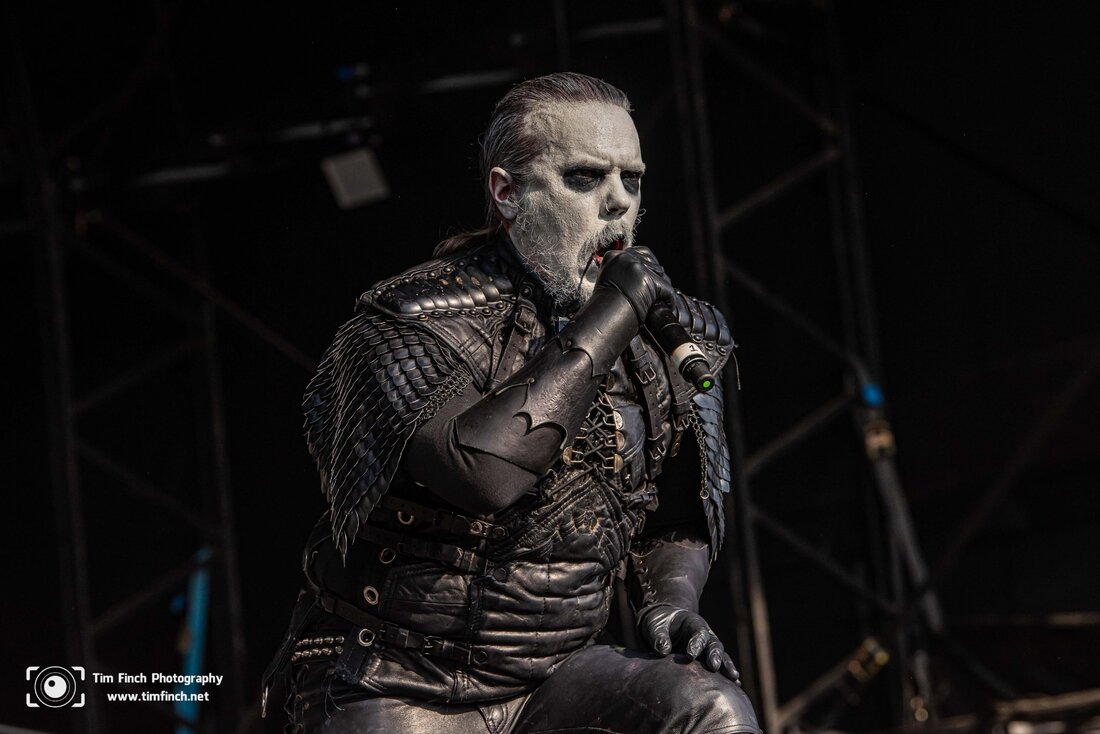
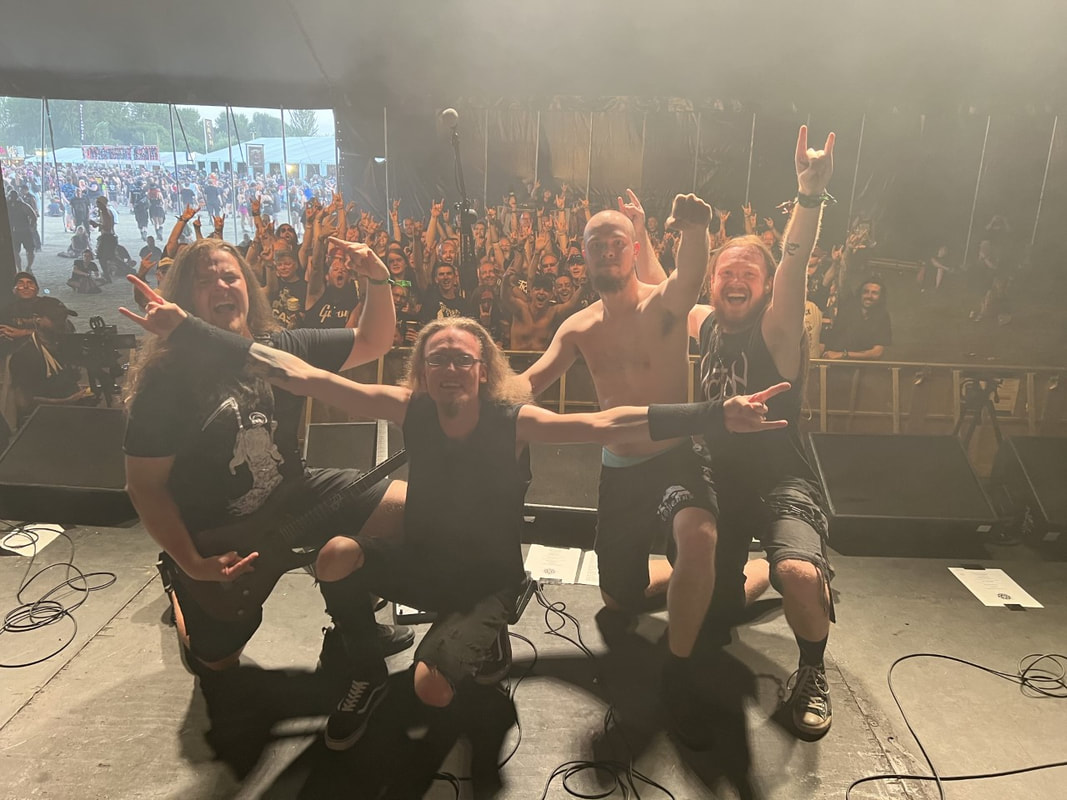
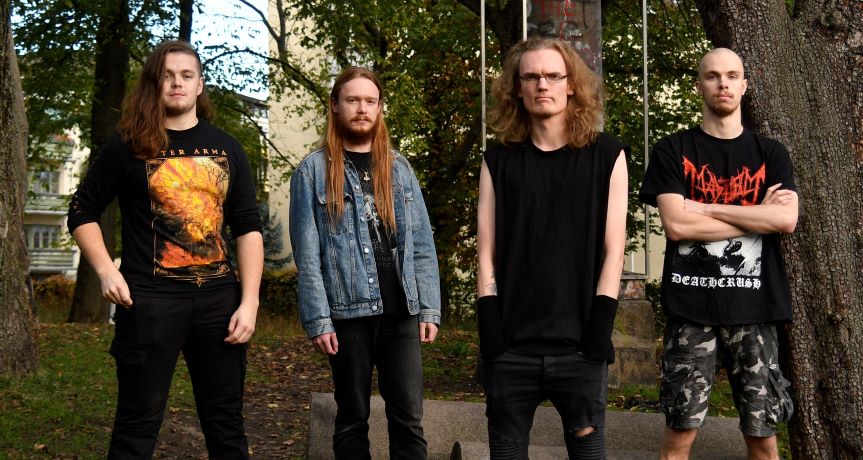
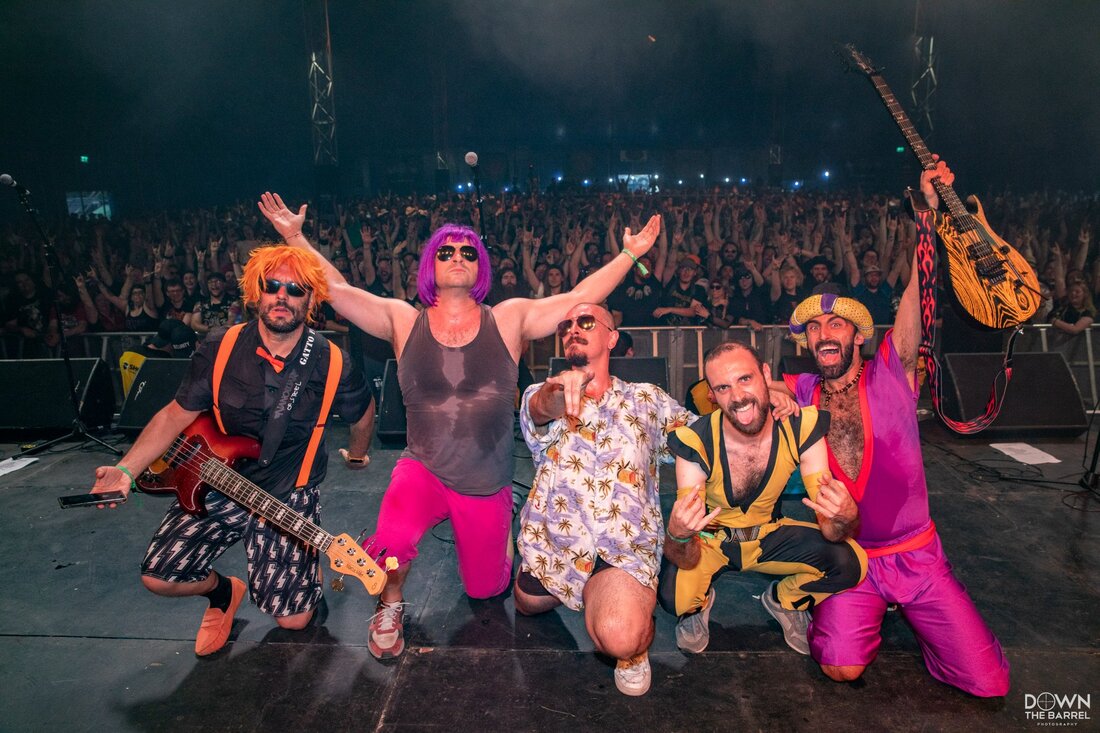
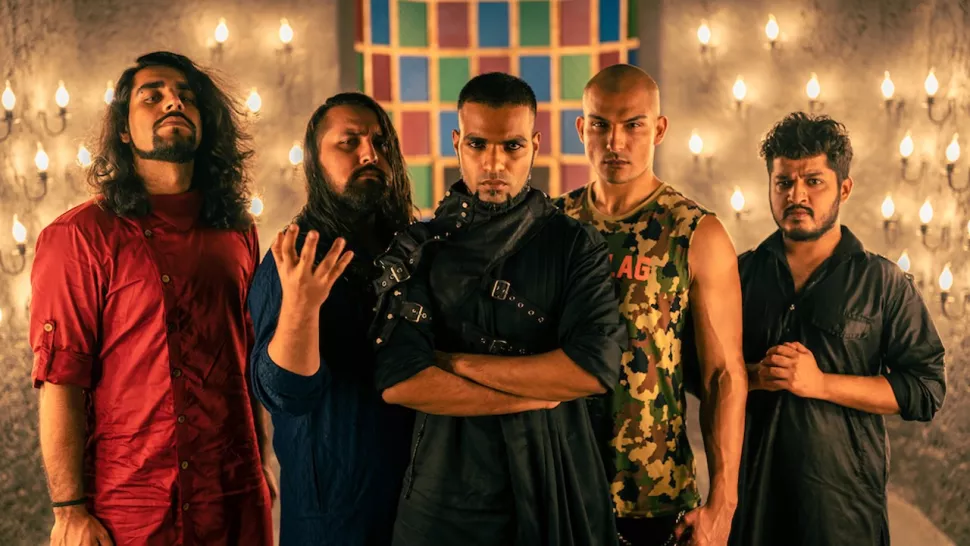
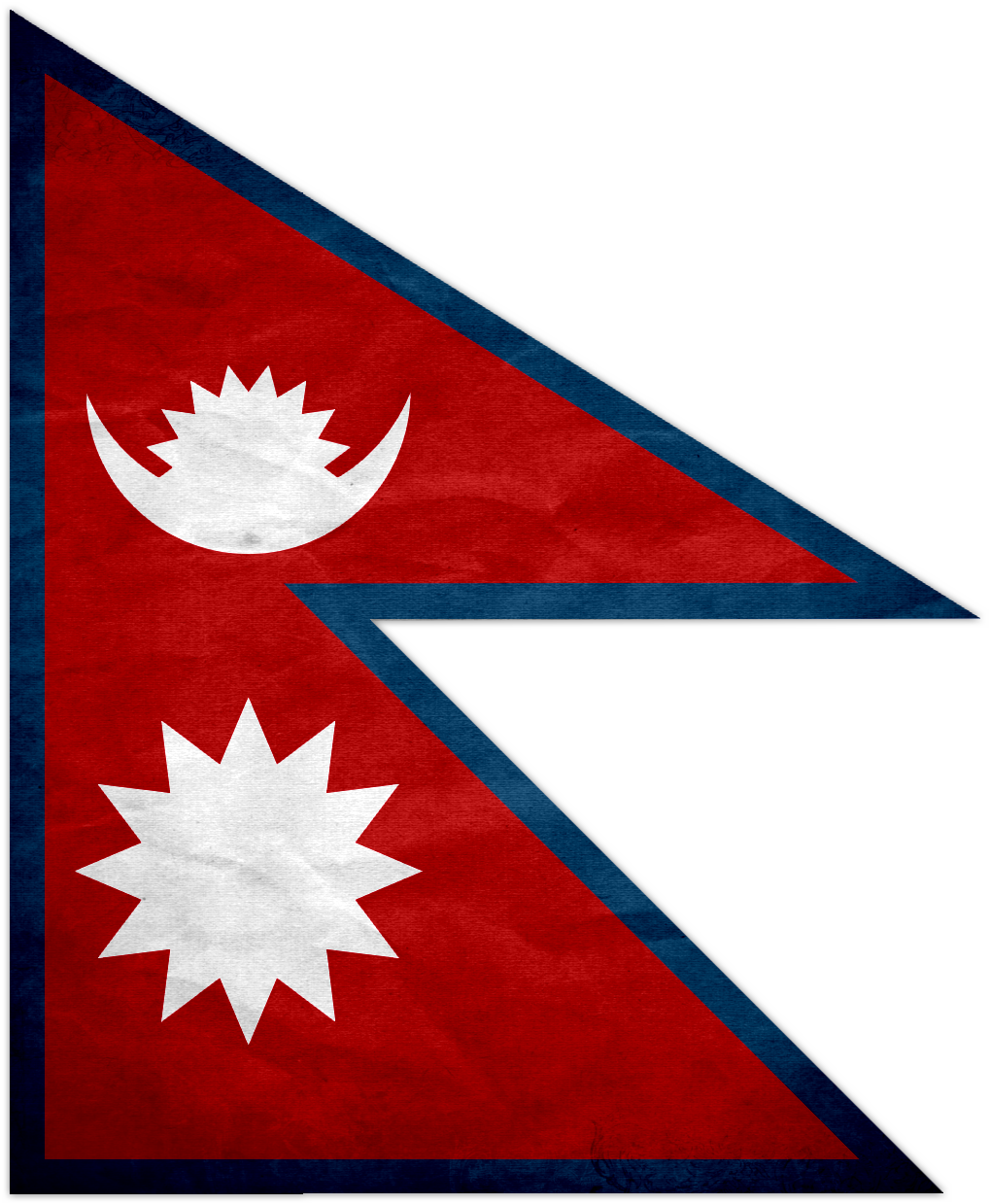
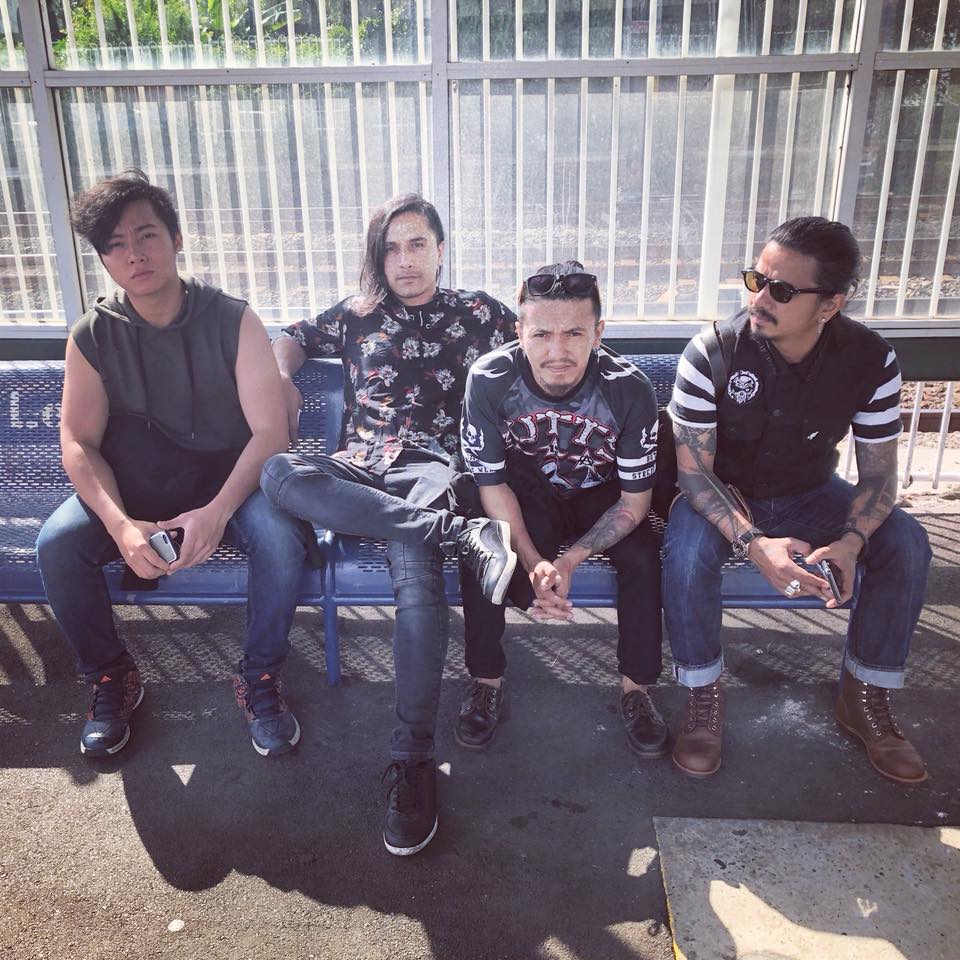
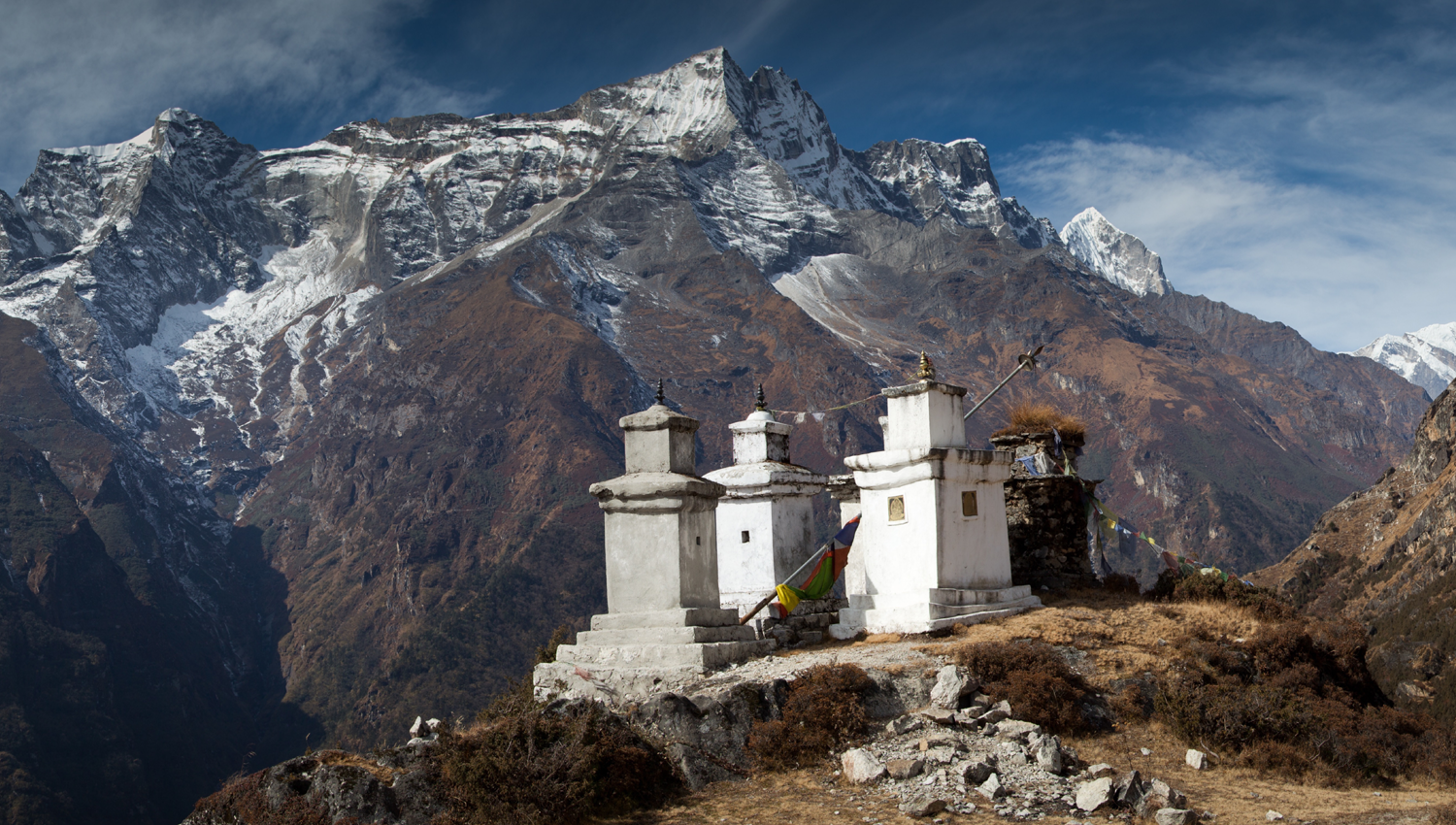
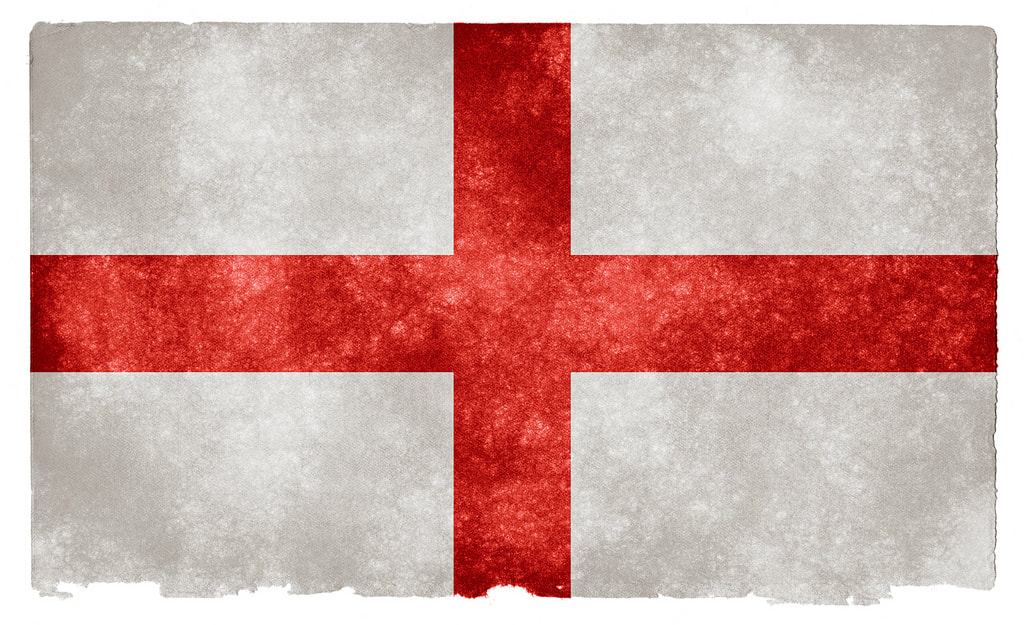
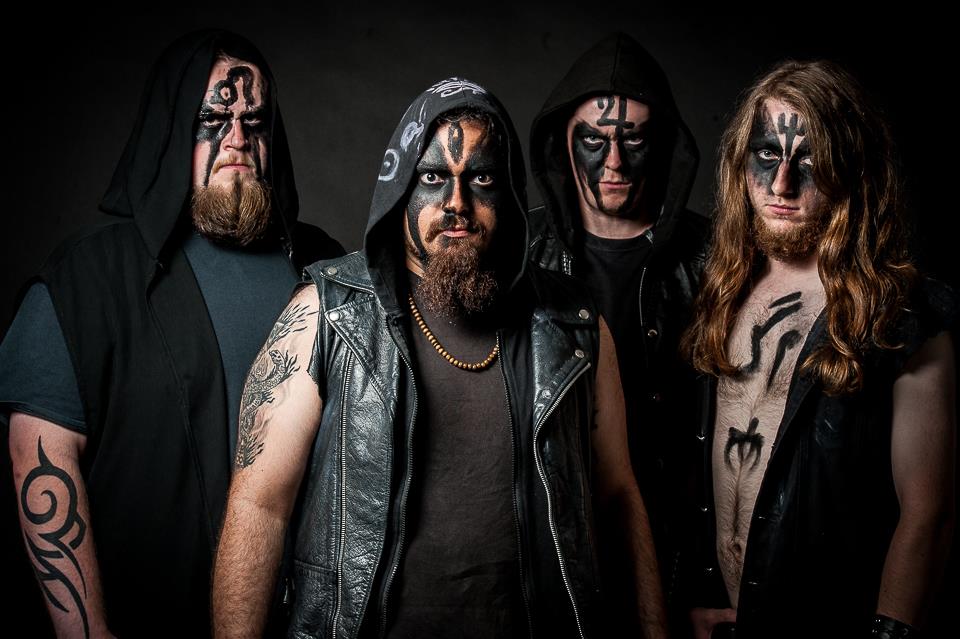
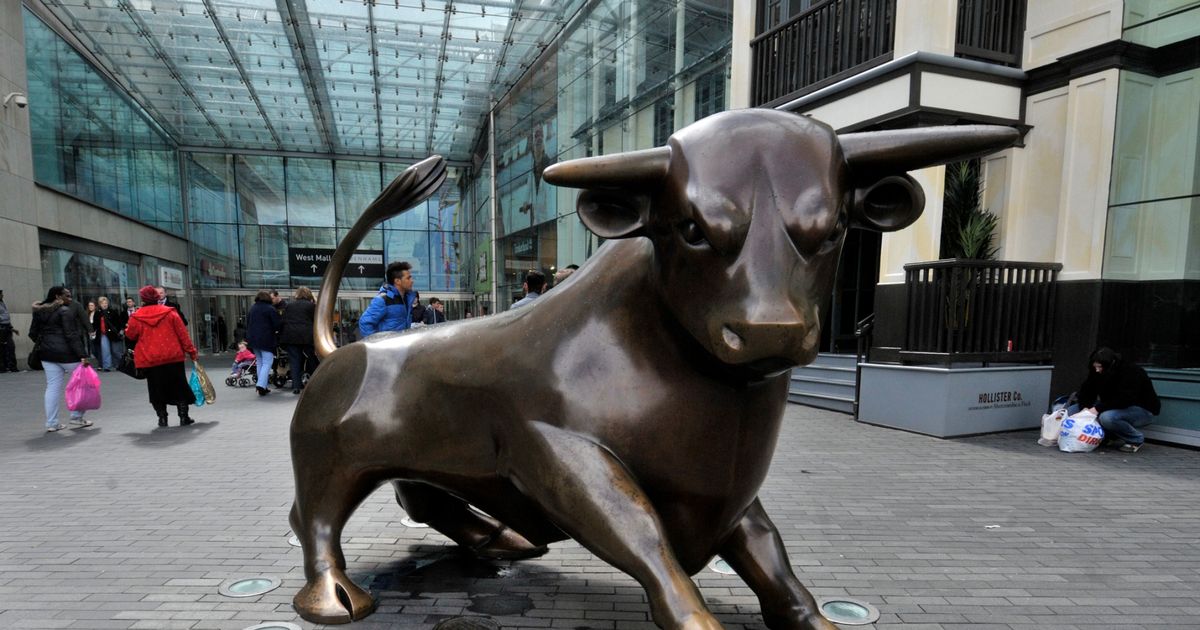
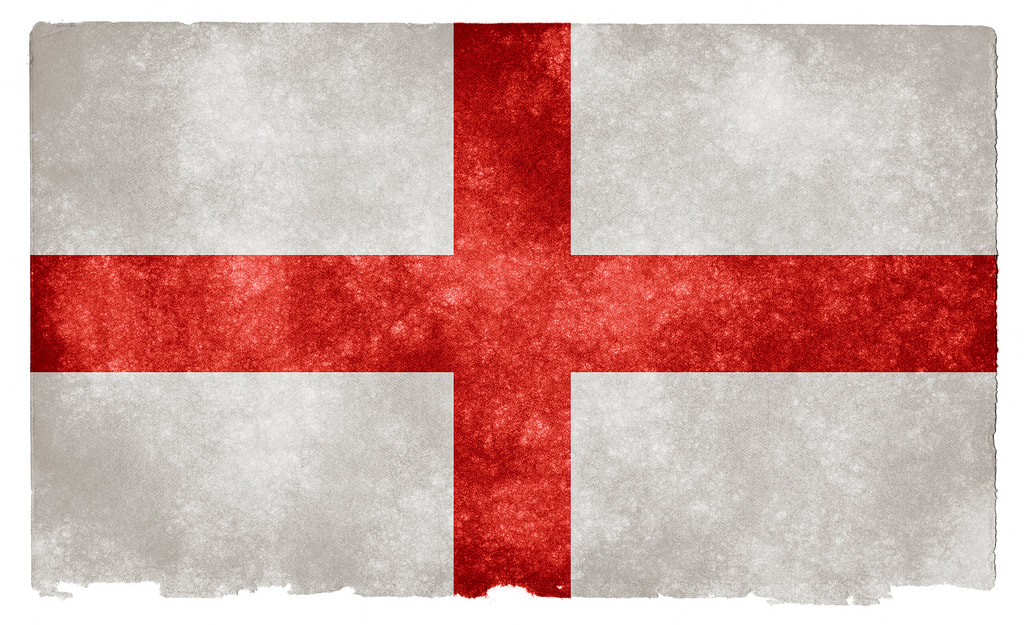
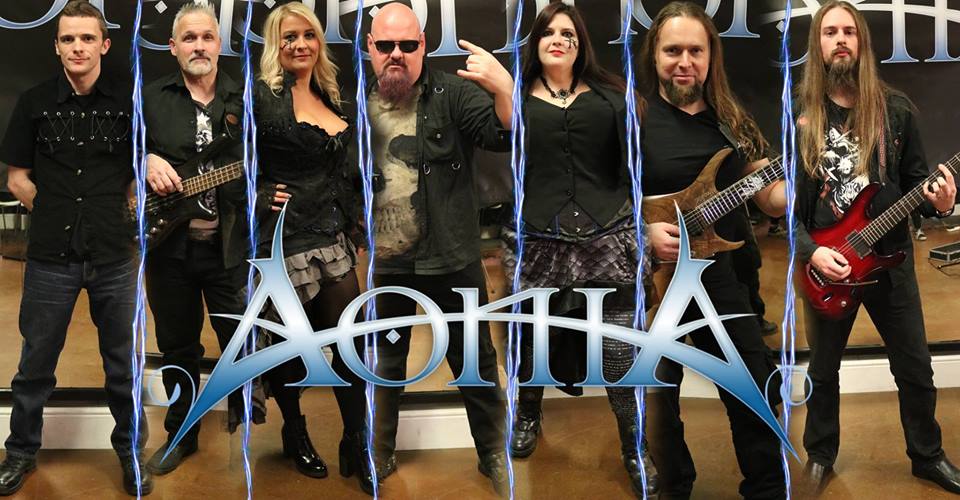
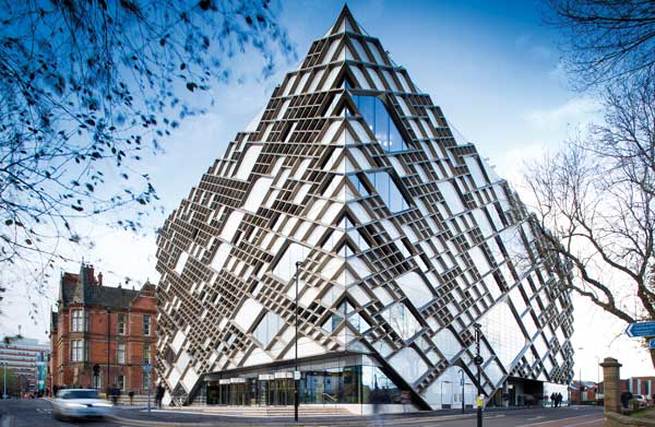
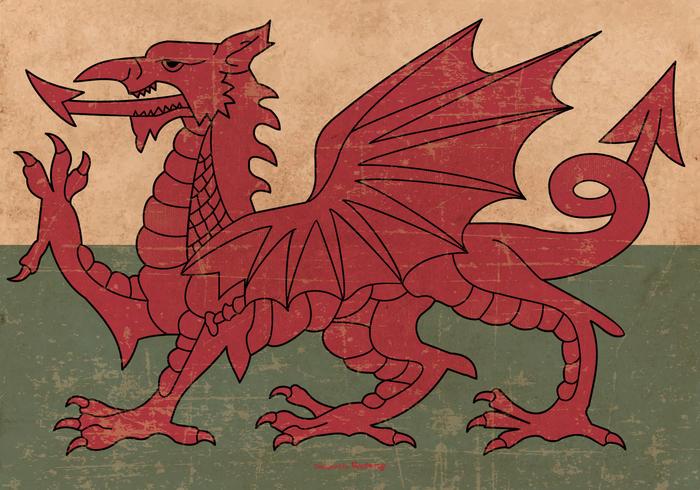
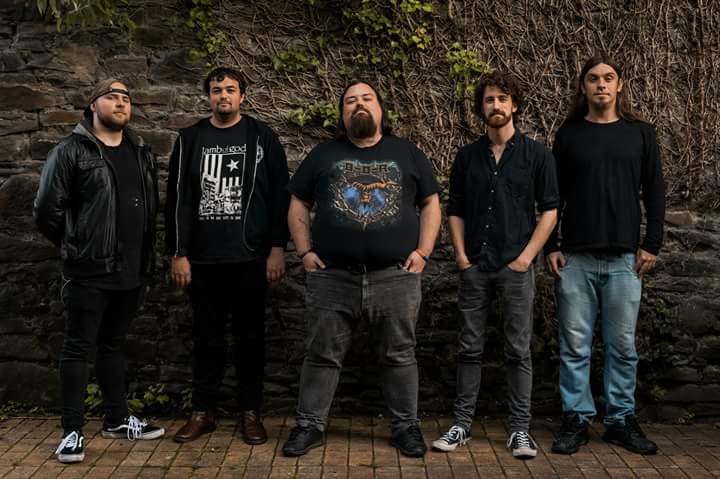
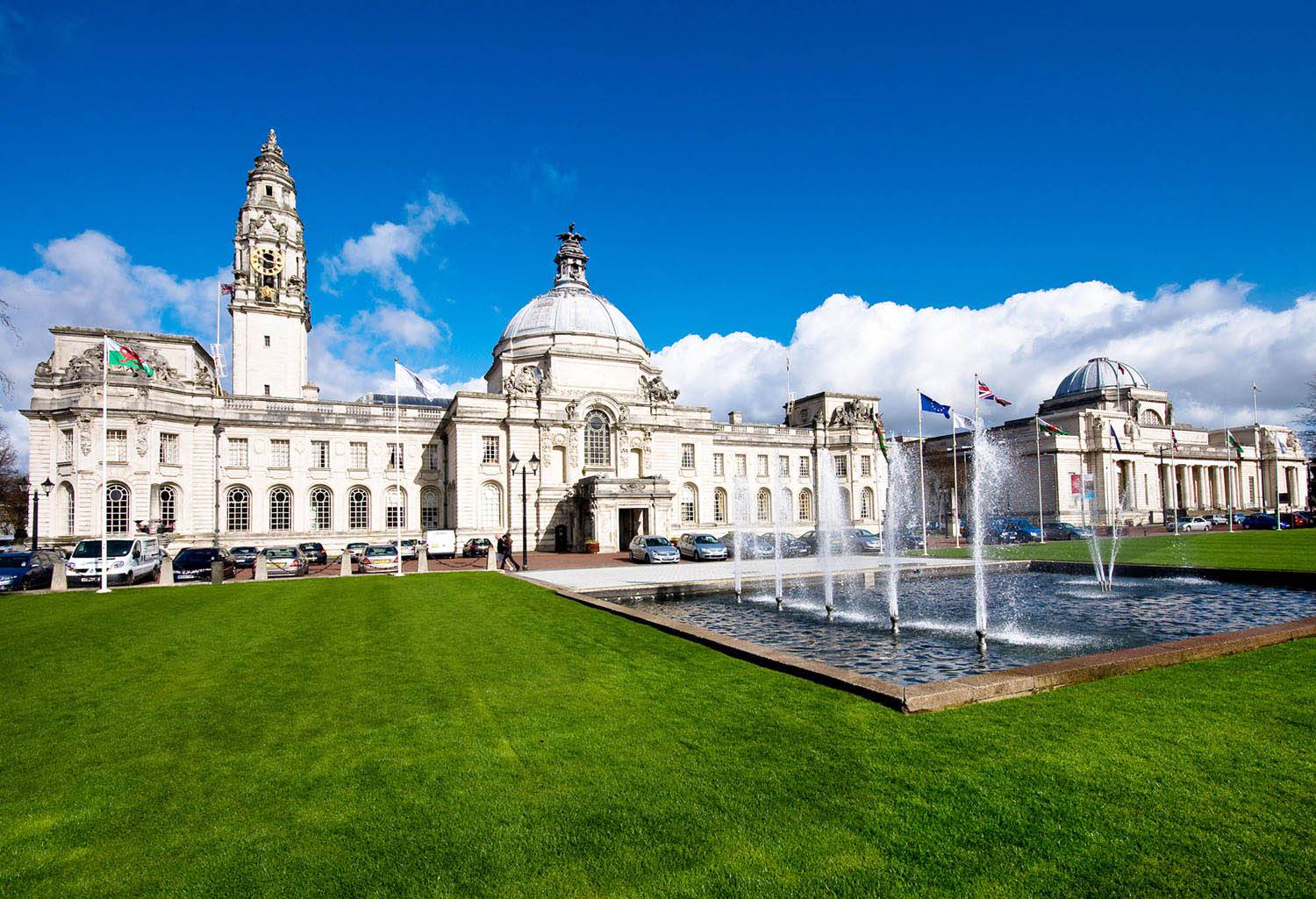

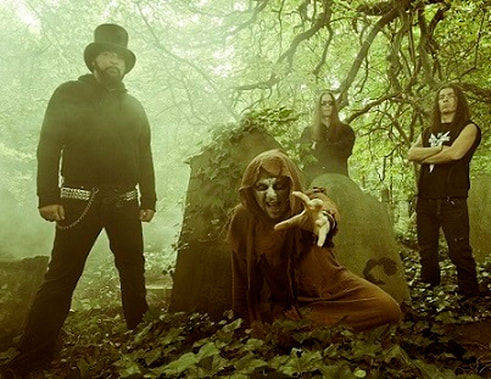
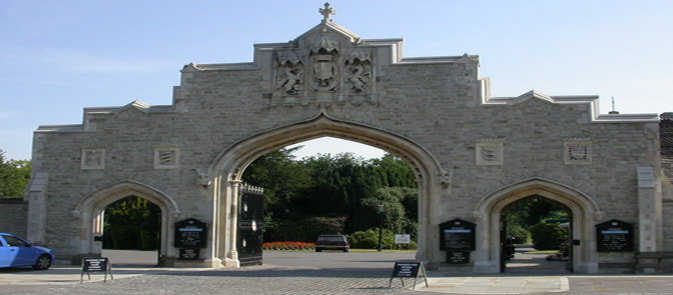
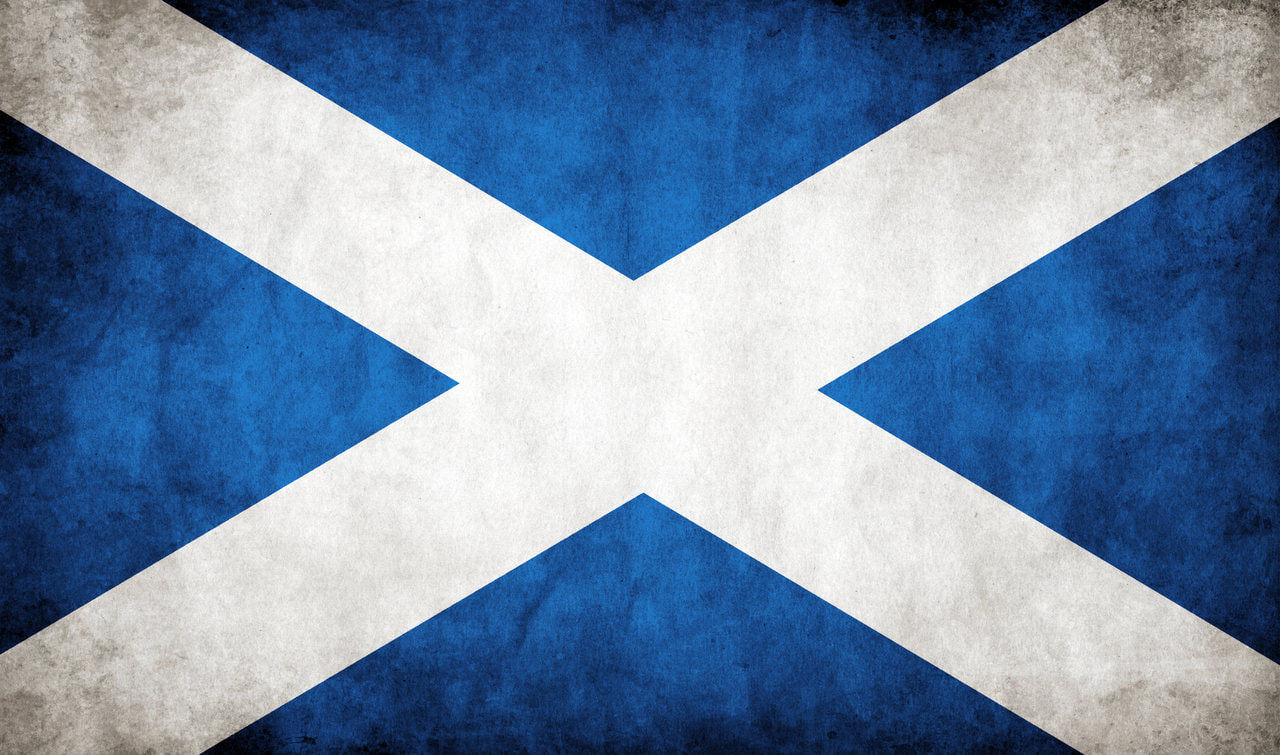
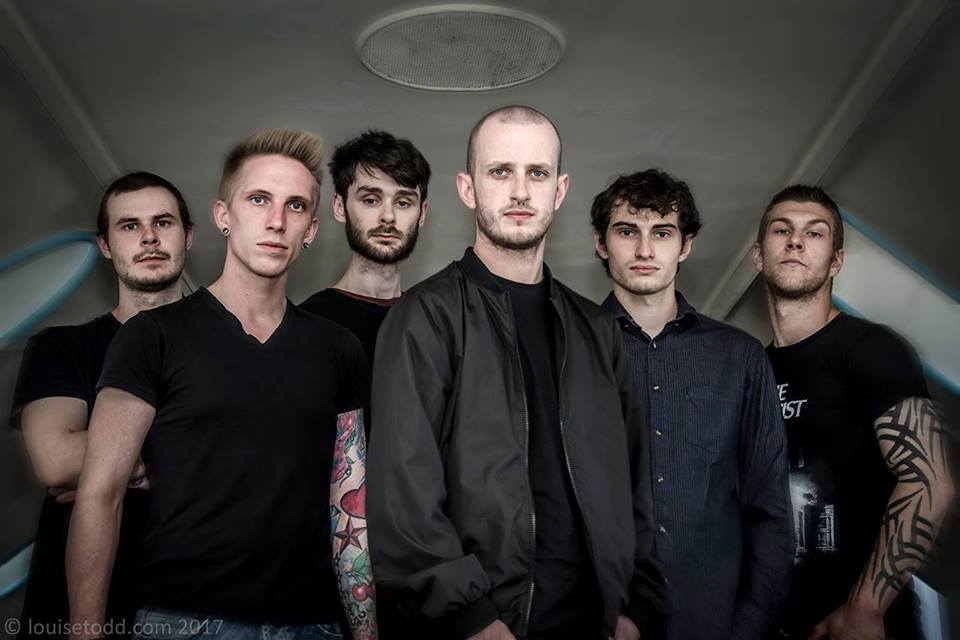
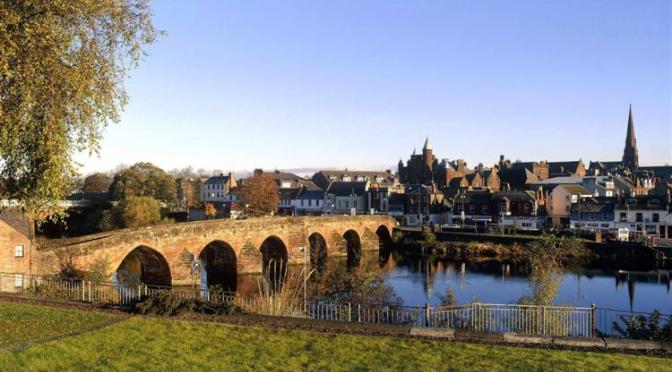
 RSS Feed
RSS Feed